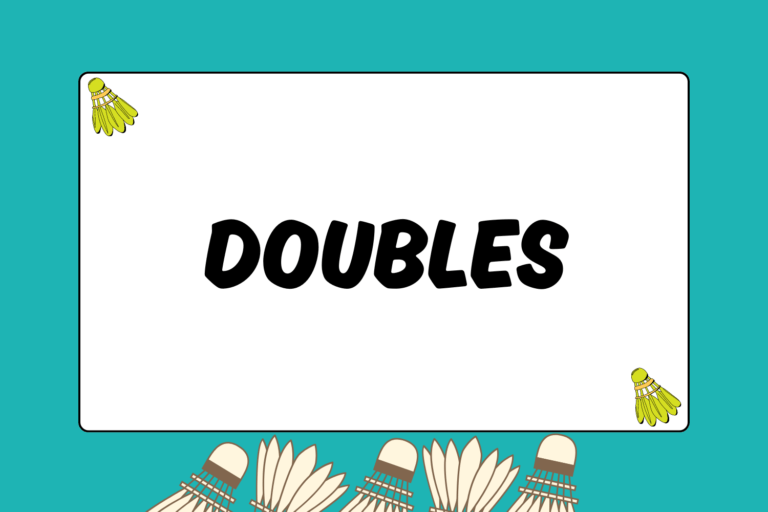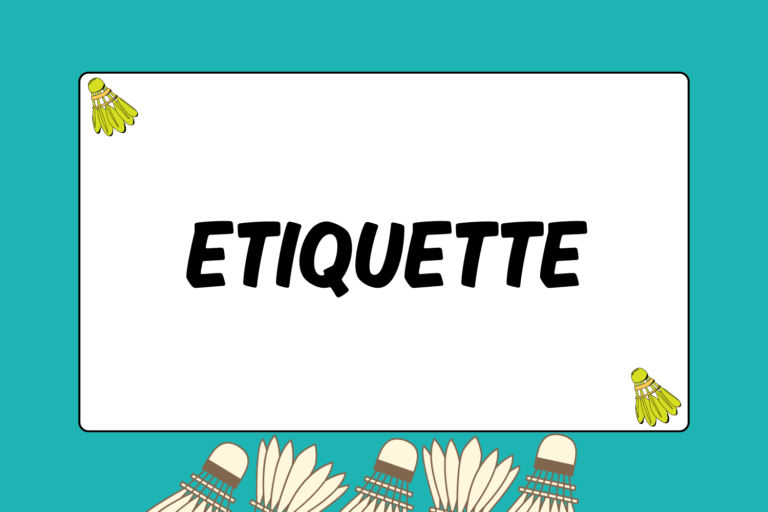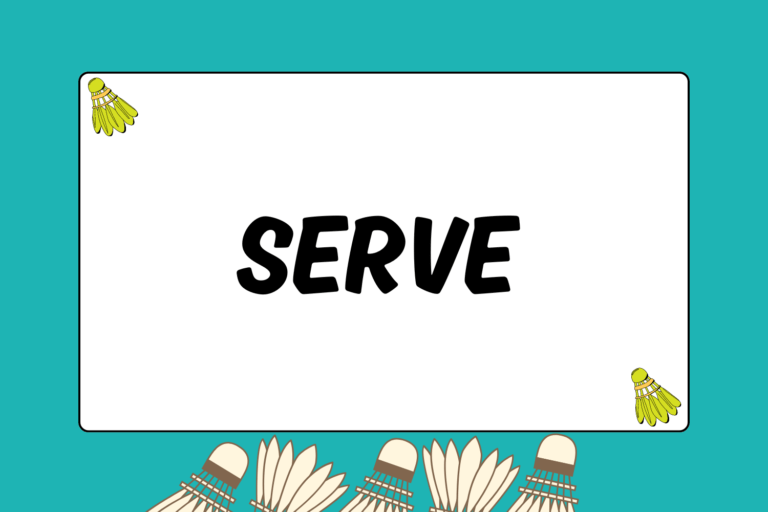Few badminton players enjoy going up against a more experienced, more skilled player in an important match. Whether this match is for your team or just a casual game in the gym, defeat might seem certain the moment you set foot on the court. A few players, however, thrive on this challenge to prove everyone else wrong. This kind of mentality breeds winners and champions because losing is simply not an option.
In this guide, you’ll learn the benefits of having a positive and confident attitude when you play against supposedly superior players.
Competitive Nature
“You either have it, or you don’t.”
The competitive fire you see in a player’s eyes is something he or she is born with. That being said, if you’re not a naturally competitive person, there is still no reason to give up on a game before you even start playing. The experience you stand to gain will only be negated by your poor attitude and complete lack of confidence.
If you go into a match accepting defeat, then your actions and overall play will reflect that. By changing your mindset for a difficult match, you sell yourself short and are essentially playing to lose.
Sizing up Your Opponent
Whether it’s a rival you’ve played many times before or just a regular at the gym, you know your opponent’s skill level, and you believe it to be higher than yours. Instead of focusing on all the ways your opponent is better than you, think about how he’ll push you past the limits of your skills.
Each time you play a stronger opponent, you’re forced to step up your game, and you get closer and closer to matching the opponent’s skill level. If you give up before you start, you’ll never have that opportunity to push yourself and improve.
Outplaying Your Opponent
The key distinction you must make is that in order to win, you only need to play better than your opponent. You don’t necessarily have to be better. For example, if you play someone 100 times and lose 100 times, you could make a good argument that your opponent is better.
If you play again and finally win, that doesn’t suddenly make you better than your opponent. You won because you played a better match, not because you magically became a superior player. If you can understand and accept this notion, then you’ll realize that no opponent is unbeatable and no match is out of reach.
Mental Edge
Beating an opponent is as much a mental ordeal as it is a physical one. Having the confidence to beat your opponent is the first step to actually doing it. No matter how hard you try to hide it, your actions reflect your thinking. Positive thinking yields positive results.
Value in Losing
Some players never accept losing, and while that can give them a competitive edge, it also handicaps them. You should give your best effort on the court, but then, once the game is finished, focus on trying to figure out why you lost. Don’t let your frustration and rage blind your ability to analyze the game thoroughly.
Each match, each game, each rally, and each hit of the shuttle should tell you something significant. Is this opponent’s backhand weak? Are my smashes effective? Am I moving him around the court? Answering these types of questions and constantly analyzing them will help you not only in future matches against this opponent but also against other players.
Losing Makes Winners
Winning is merely a measure of how far you’ve come, whereas losing represents what you stand to gain. If you pay attention to the lessons losing has to offer, then you’ll find yourself doing less of it.
You can’t become a champion by constantly playing lesser players; pushing yourself against tough competition is the best way to improve your game. Every experience you have on the court is valuable; it’s up to you to make the most of it. And if you believe you can win any given match, you just might pull off an upset!





